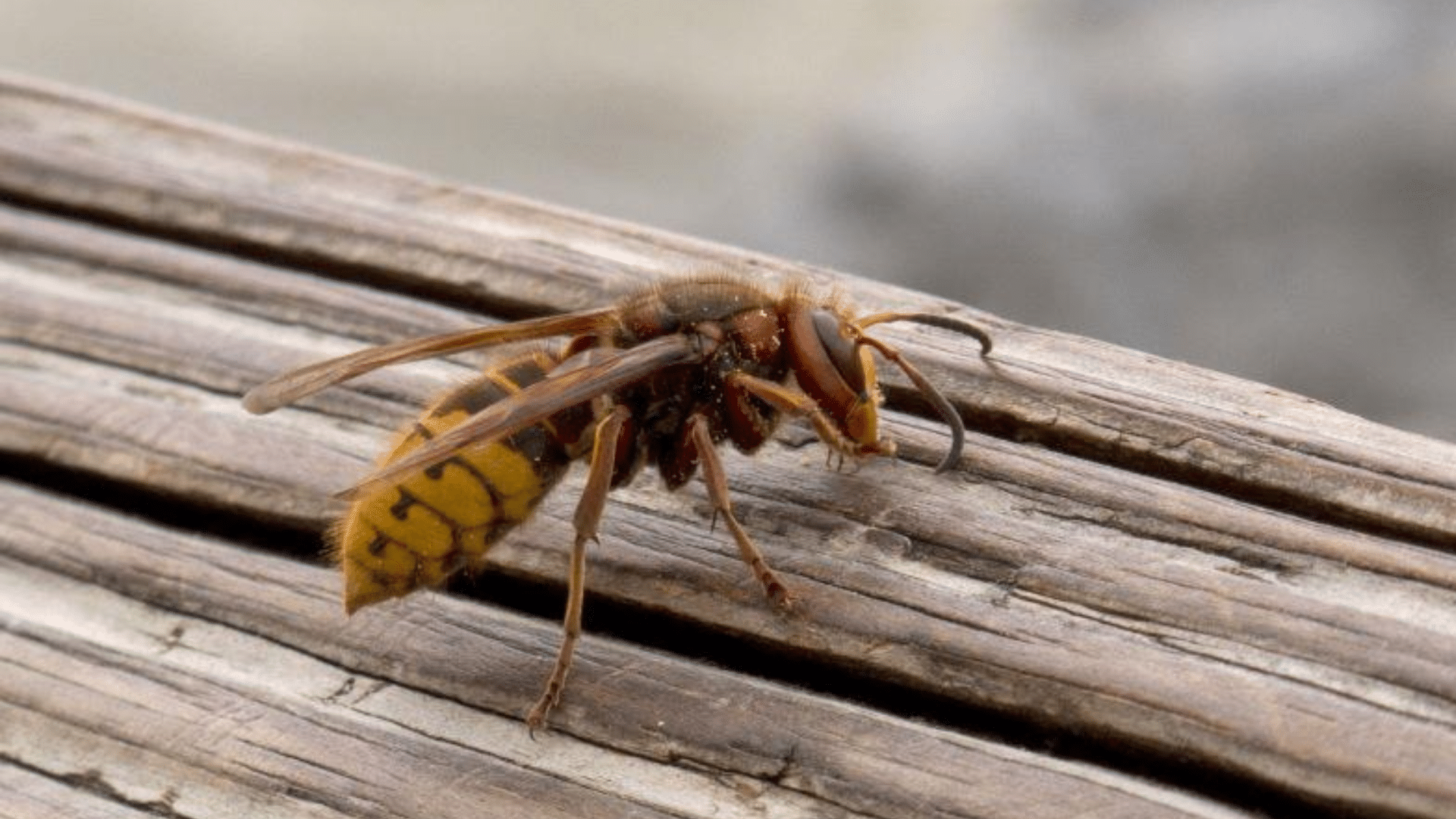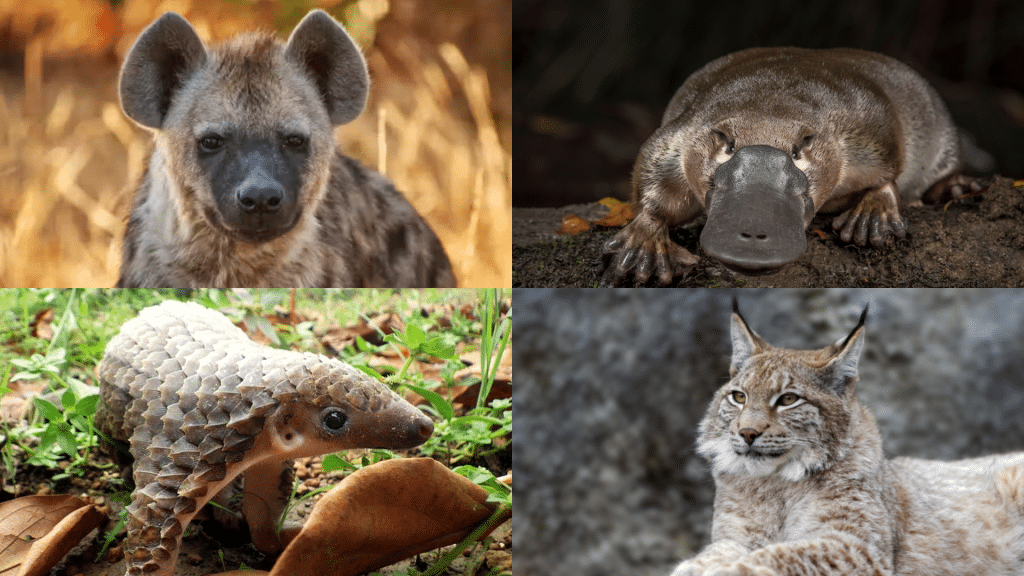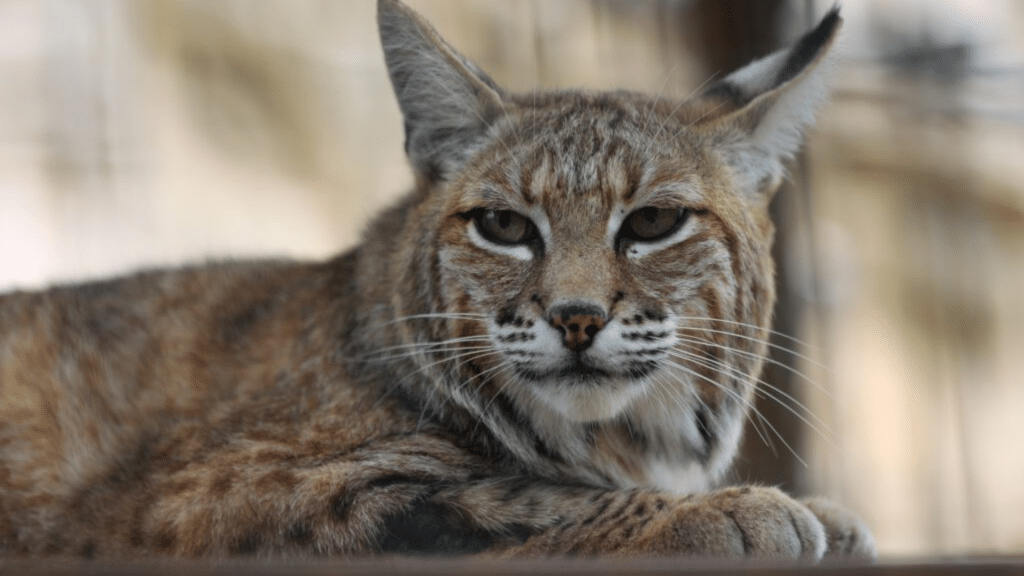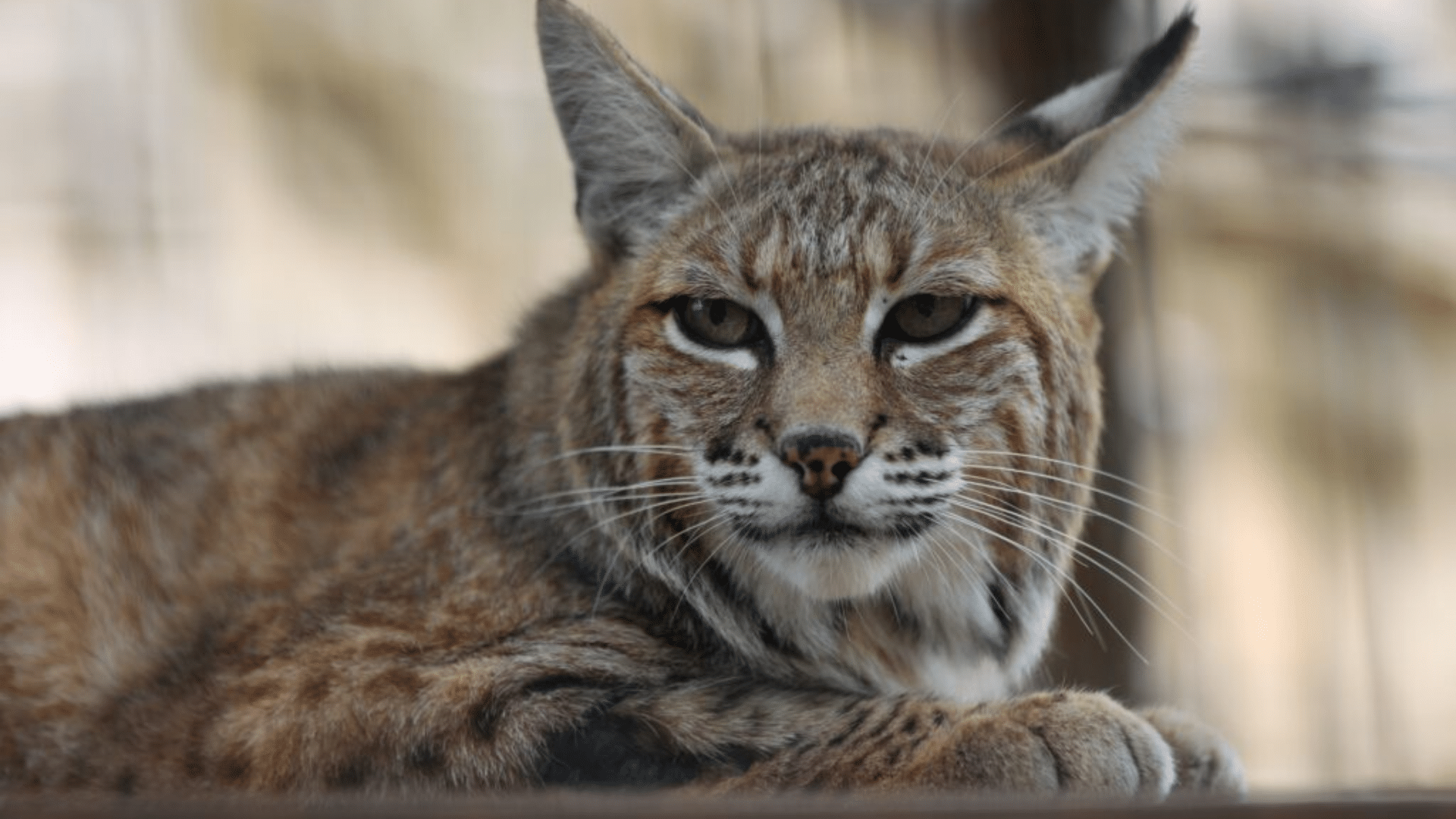They buzz through the air like tiny helicopters, armed with stingers and wrapped in warning colors. Just the sight or sound of a hornet can send people running.
Stories, myths, and fear have made them one of the most misunderstood insects around.
But what’s the real deal behind the panic? Are hornets truly dangerous, or are we judging them too quickly?
This blog provides a closer look at these powerful insects, examining their lifestyle, the reasons behind their stinging behavior, and what sets them apart from bees and wasps.
The answers might change the way you see them.
What are Hornets & Where Do They Live?
Hornets are big flying insects from the wasp family. They have thick bodies, strong wings, and powerful stingers. People often get scared of them because of their size and buzzing sound.
But hornets have an important job in nature. They eat other insects, such as flies, beetles, and caterpillars, which helps keep bug numbers under control.
You can find hornets living in many places around the world, mostly in warm or mild areas. They like to build nests in trees, bushes, and high corners of buildings.
Sometimes, they even hide inside walls or under decks. Their nests are made from chewed wood and spit, which turns into a papery material.
Hornets usually pick spots that are quiet and hard to reach. That’s why you’ll often spot them in forests, gardens, or even city parks, anywhere that feels safe and undisturbed.
Are Hornets Dangerous?
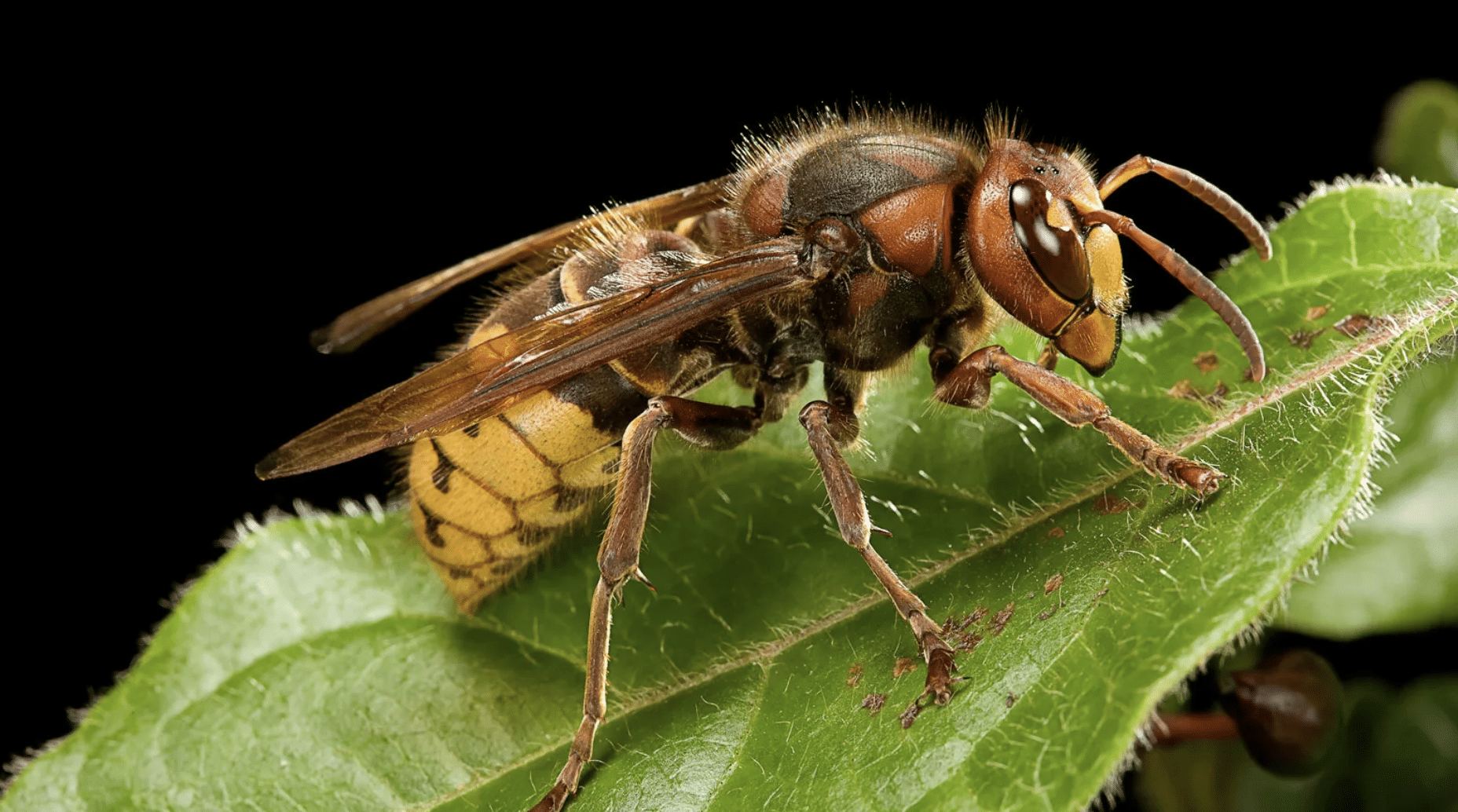
Hornets can be dangerous, especially when they feel their home is under threat. While they’re not out to sting anyone on purpose, they won’t hesitate to defend their nest if they sense danger nearby.
Most of the time, hornets are busy with their usual tasks, building nests and hunting insects. But if you get too close, even without meaning to, they may see you as a threat.
Loud noises, fast movements, or something as simple as mowing the lawn near their nest can set them off.
Unlike bees, hornets don’t lose their stinger after one sting. They can sting multiple times and have stronger venom, which makes the sting more painful.
For most people, it causes sharp pain, swelling, and redness. But for those with allergies, even one sting can lead to serious reactions like trouble breathing.
In rare situations, such as disturbing a large nest, multiple hornets may attack at once, which can be very dangerous.
Comparing Danger Levels by Species
Not every hornet is the same. Some are bigger, some are calmer, and some look more frightening than they really are.
| SPECIES | SIZE | BEHAVIOUR | DANGER LEVEL |
|---|---|---|---|
| Asian Giant Hornet | Up to 2 inches | Aggressive if provoked | High (strong venom + multiple stings) |
| European Hornet | About 1 inch | Avoids people | Low to moderate |
| Bald-Faced Hornet | Less than 1 inch | Protective of the nest | Moderate |
The Asian Giant Hornet, sometimes called the “murder hornet,” has made headlines, but deaths are very rare and usually happen only when people are stung many times or have an allergy.
What Makes Hornets Different From Other Stinging Insects
Hornets, bees, and wasps may look alike, but they have a few key differences, especially when it comes to stinging.
| INSECT | STING TYPE | STING MORE THAN ONCE | EXTRA INFO |
|---|---|---|---|
| Honeybee | Barbed (gets stuck) | No | Dies after stinging |
| Wasp | Smooth | Yes | Can sting many times |
| Hornet | Strong & smooth | Yes | Stings are deeper and more painful |
Hornet venom contains chemicals that cause sharp pain, burning, and swelling. Some people might even get red, itchy skin or feel dizzy afterward.
Their sting hurts more than a bee or wasp because it goes deeper into the skin and lasts longer.
How to Stay Safe Around Hornets
Being around hornets doesn’t have to be scary if you know how to act. Most stings happen when people panic or try to fight them off.
Here’s What You Should Do:
- Move away slowly if a hornet is nearby.
- Stay still and quiet until it flies off.
- Wear light-colored clothes outdoors.
- Skip strong perfumes or sweet-smelling lotions.
And Here’s What to Avoid:
- Don’t swat at a hornet—it makes them feel attacked.
- Don’t run or wave your arms.
- Never poke or disturb a hornet nest.
- If you find a nest near your house, don’t try to remove it yourself. call a pest control expert to handle it safely.
Fun Facts that Show Hornets aren’t All Bad
Even though they have a bad reputation, hornets are more than just their sting. They help nature in some pretty cool ways:
- They eat garden pests, which helps protect crops and flowers.
- Fewer pests mean less need for bug sprays, which is better for the earth.
- Hornets help keep the bug population in check, supporting the natural food chain.
- Some hornets even hunt other hornets to protect their space.
- Their nests are signs of a healthy environment, showing that the area supports wildlife.
- Hornets can send messages to each other using scents called pheromones. They use these to warn others or call for backup when they find food.
Wrapping It Up
Hornets can be dangerous when they feel their space is threatened, but they don’t attack without reason. Their sting is a defense, not a habit.
Despite their fearsome image, hornets are helpful in nature. They control pest populations, support plant life, and help keep ecosystems in balance.
Giving them space and understanding their behavior is the safest way to coexist. Hornets aren’t out to harm us; they’re just following their role in the natural world.

